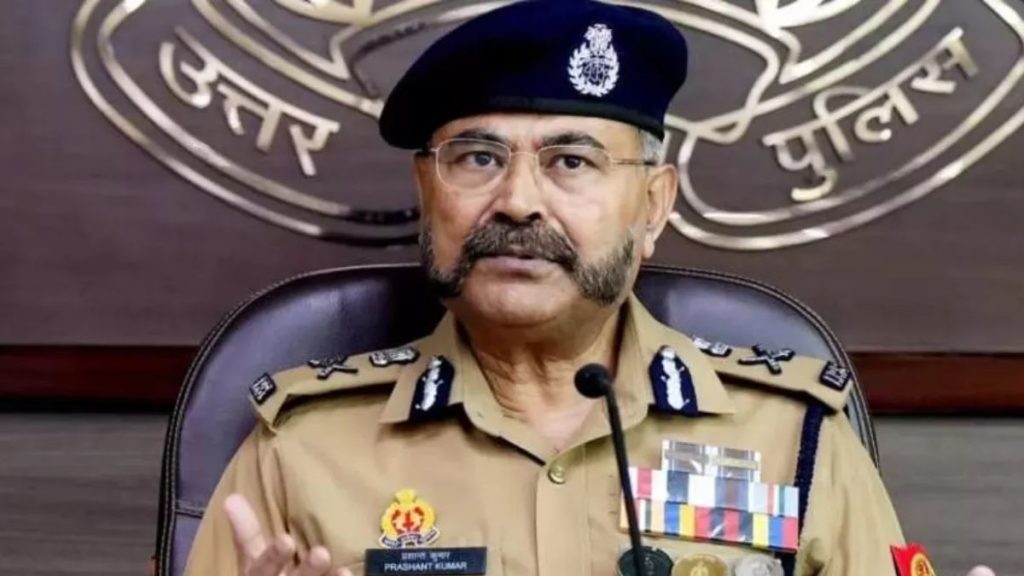Context:
Recently, The Uttar Pradesh (UP) Cabinet approved the Director General of Police (DGP), Uttar Pradesh Selection and Appointment Rules, 2024.
More on the News

- The Uttar Pradesh Government framed the new rules after the Supreme Court issued a notice to the eight states Punjab, Uttar Pradesh, Andhra Pradesh, Rajasthan, West Bengal, Telangana, Jharkhand and Bihar for appointing temporary DGPs in response to multiple petitions filed on the issue.
Reason for filing the petitions
- The UP government have appointed four temporary DGPs for the past two years. The petitions have argued this is in violation of the apex court’s judgement in the 2006 Prakash Singh case, which was meant to free the police leadership from political interference.
Prakash Singh Case (2006)
- Prakash Singh, who served as DGP of UP Police and Assam Police, filed a Public interest litigation (PIL) in the Supreme Court in 1996, seeking police reforms.
- In the judgement (2006) the Supreme Court had directed all states and Union Territories to bring in police reforms.
- The Supreme Court directed in the verdict to fix the tenure and selection of the DGP to avoid situations where officers about to retire in a few months are given the post.
Director General of Police, Uttar Pradesh Selection and Appointment Rules, 2024.
These rules prescribe that UP’s DGP would be appointed by a selection committee based on their remaining tenure, service record, and experience.
The selection committee:
- Will be headed by a retired judge of the High Court.
- Other members of the committee: The UP Chief Secretary, a nominee of the Union Public Service Commission (UPSC), the chairperson or nominee of the Uttar Pradesh Public Service Commission, the Additional Chief Secretary/Principal Secretary, a representative of the Home Department, and a retired DGP.
Only officers with a minimum remaining tenure (before retirement) of six months from the date of creation of the vacancy would be eligible for the appointment as DGP. Once appointed, the DGP would have a minimum tenure of two years.
Guidelines passed by the Supreme Court have been followed in the provisions relating to the removal o:f the DGP from his post.

